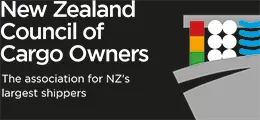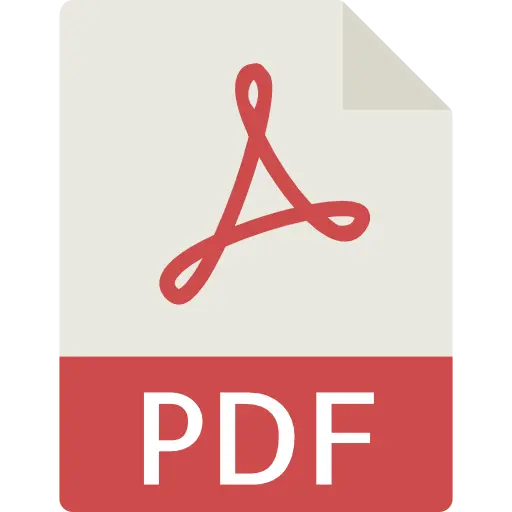The NZ Council of Cargo Owners (NZCCO), as it is now to be known, has its sights firmly set on championing the national and international supply chain interests of the country’s large exporters and importers.
NZCCO Chairman, Simon Beale, said the decision to change the Council’s name ultimately rested on the significance of issues confronting cargo owners in New Zealand’s supply chain “and the importance of ensuring that the context of our advocacy is front and centre, especially with government stakeholders.”
“There has long been a tendency to view the Council as representing the shipping industry or focused on what happens on “the blue highway, when in fact our interests extend right across the supply chain,” said Mr Beale.
“While we definitely have an eye on global maritime issues and the ways in which they will impact our businesses, we are also very focused on barriers to domestic supply chain performance. Everything that disrupts the efficient and reliable movement of cargoes in and out of ports, ultimately impacts the competitiveness of our exports and the prices paid for goods by New Zealand consumers.”
Mr Beale said that congested transport corridors and infrastructure capacity constraints, which impact productivity and add significant cost to the movement of cargo, are current key issues. Workforce shortages right across the freight supply chain are also of concern.
“There is a sense that NZ is buckling under the pressure of growth – given the current supply chain capacity issues, our concern is the potential knock on effects in the face of the projected growth of our export industries.”
“We welcome the creation of the Infrastructure Commission and hope that will lead to more coherence and impetus to road, rail and coastal shipping infrastructure investment. In this regard we call for work to begin immediately on a third (and hopefully fourth) rail line into Auckland.”
Mr Beale noted NZCCO’s interest in the final report of the Upper North Island Supply Chain (UNISC) Working Group.
“Ports of Auckland plays a critical role in terms of both imports and exports. It’s location in the centre of Auckland creates great efficiency gains as confirmed by numerous studies in recent years, and decisions in respect of the port affect the entire freight supply chain. We have real concerns about the robustness of the UNISC study’s process and await a detailed analysis of the impact on NZ Inc. of significantly lengthening the logistics and supply chain.”
Turning to the global maritime front, Mr Beale said the Council is most concerned about the mandated introduction of low sulphur fuels (LSF)across the international shipping fleet, which comes into effect from January 1 2020.
“Given the higher prices of LSF, we have no doubt that the cost of shipping will escalate. Just how that will translate into the cost of imports and the competitiveness of our exports is yet to be seen. There is potential for this development to have a disproportionate impact on New Zealand’s cargo owners due to our distance from key markets.”
“There is a profound transition taking place in the global shipping environment as the industry navigates towards a zero carbon / low emissions future. Given the extent to which New Zealand’s trade is dependent on the international fleet, the changes ahead create considerable uncertainty for cargo owners.”
ENDS
For further comment:
Simon Beale
Chairman, NZ Council of Cargo Owners
Telephone: 021 390 578
About The New Zealand Council of Cargo Owners
www.nzcco.org.nz
The New Zealand Council of Cargo Owners represents the supply chain interests of major
New Zealand importers and exporters. Members include: Balance Agri-Nutrients, Bathurst Resources, Dominion Salt, Fonterra, Meat Industry Association, Miraka, Norske Skog, NZ Steel, Oji Fibre Solutions, Open Country Dairy, Pan Pac Forest Products, Ravensdown, Rayonier, Sanford, Scales Corporation, Silver Fern Farms, Synlait Milk, T&G Global, The Warehouse Group, Westland Milk Products, WPI, and Zespri.
Affiliate members include a range of ports, shipping lines, freight forwarders, road transport and rail.
Prior to the name change the Council had been known as the NZ Shippers Council since 1994, and before that it was the Association of Bulk and Homogenous Shippers Incorporated.

